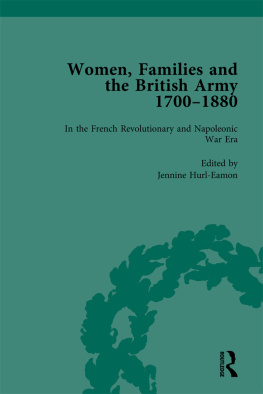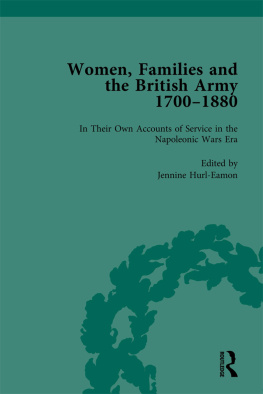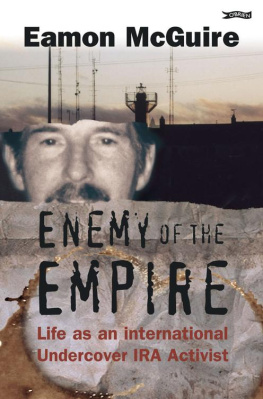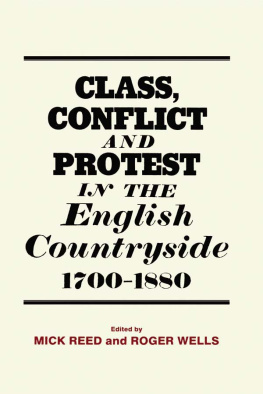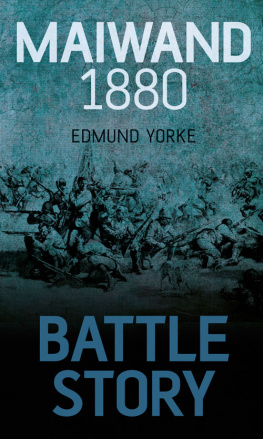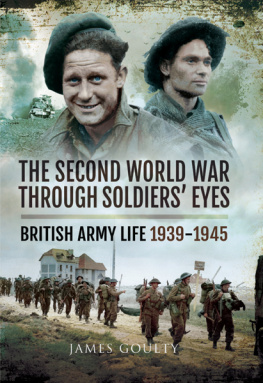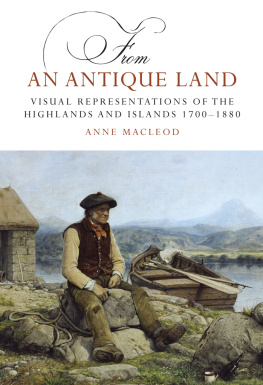First published 2020
by Routledge
2 Park Square, Milton Park, Abingdon, Oxon OX14 4RN
and by Routledge
52 Vanderbilt Avenue, New York, NY 10017
Routledge is an imprint of the Taylor & Francis Group, an informa business
2020 selection and editorial matter, Jennine Hurl-Eamon and Lynn MacKay; individual owners retain copyright in their own material.
The right of Jennine Hurl-Eamon and Lynn MacKay to be identified as the authors of the editorial material, and of the authors for their individual chapters, has been asserted in accordance with sections 77 and 78 of the Copyright, Designs and Patents Act 1988.
All rights reserved. No part of this book may be reprinted or reproduced or utilised in any form or by any electronic, mechanical, or other means, now known or hereafter invented, including photocopying and recording, or in any information storage or retrieval system, without permission in writing from the publishers.
Trademark notice: Product or corporate names may be trademarks or registered trademarks, and are used only for identification and explanation without intent to infringe.
British Library Cataloguing-in-Publication Data
A catalogue record for this book is available from the British Library
Library of Congress Cataloging-in-Publication Data
A catalog record for this book has been requested
ISBN: 978-1-8489-3594-5 (set)
eISBN: 978-1-003-01804-9 (set)
ISBN: 978-1-1387-6612-9 (Volume II)
eISBN: 978-1-003-01176-7 (Volume II)
Typeset in Times New Roman
by Apex CoVantage, LLC
Publisher's Note
References within each chapter are as they appear in the original complete work
The French Revolutionary and Napoleonic Wars loomed large in the lives of contemporaries. On 1 February 1973, France declared war on Britain after Prime Minister William Pitt the Younger dismissed the French ambassador in his horror over the news of Louis XVIs execution. Excluding the short-lived peace of the Treaty of Amiens in 1802, Britain was to find itself at war with the armies of the republic, and later the empire, until 1815. The number of dead, per capita, was on a similar scale to the First World War, albeit stretched out over a much longer period. France was to enjoy unprecedented military success in the 1790s.
Conflict was not isolated to Europe. In 17931794, British troops saw fighting in the Caribbean islands of San Domingo, Martinique, Guadeloupe and St Lucia. The following year, the army captured the Cape of Good Hope from the Dutch who were unable to field an adequate defence due to the French invasion back in Europe. By 1797, the French had taken Belgium, Holland, the Rhineland, and northern Italy. A year later, Napoleon set his sights on the East, moving into Egypt as the gateway to India. Nelsons victory at the Battle of the Nile halted this plan, and British forces gained a decisive advantage in the spring of 1801 when they landed on the beach at Aboukir and captured the remaining French troops, returning Cairo to the Ottoman Empire.
Two years later, then Major-General Arthur Wellesley consolidated victories in India against the Maratha army, bringing this war to a close by 1806 in Britains favour. In 1808, Napoleon set his sights on Spain, launching an invasion that caused Spanish King Charles IV to abdicate in favour of Napoleons brother, Joseph. Spain and Portugal allied with Britain in the resulting Peninsular War. This brought Wellesley to Portugal by August of 1808 alongside an expeditionary force of about 30,000 men. He was made the first Duke of Wellington in 1814 after Napoleons abdication and went almost immediately to Paris to take up the post of British ambassador. Wellington eventually served in the Congress of Vienna until Napoleons escape from Elba precipitated his departure for Brussels in command of allied forces.
Many Peninsular veterans had been sent to North America in 1812 to quell an invasion by the United States into British North America. This was prompted in part by tensions over Britains persistence in boarding U.S. ships to check for British seamen, and in part by Americas desire to expand its borders (and the belief that the northern colonists would be receptive to becoming American citizens). The War of 1812, as it became known, had little result at its end in 1814, other than the burning of Washington and the return of British troops who had been withdrawn from other theatres of war.
Throughout this period of active conflicts in various parts of the globe, Britain also maintained foreign stations in India and Sicily. These made their own manpower demands, with upwards of 20,000 troops posted to the former (not including the East India Company forces), and 14,000 to the latter in 1808. To this must be added the demands of men for garrisons in the West Indies, South Africa, Malta, Australia, and North America.
Britains armies and allies were comprised of many ethnicities, including Irish, Scottish, and Welsh, along with Germans, Austrians, Dutch, Russians, Prussians, European colonists, and native North Americans, Africans, and South Asians. Britains Iberian allies were especially significant in this period. British General Beresford was given command of the Portuguese army in 1809. Spain knew the Peninsular War as the Guerra de la Independencia (War of Independence) and its celebrated patriot army fought alongside Britain. Henry Milburne, whose account appears in this volume, was one of a significant group of British men who joined the Spanish army directly. They were driven, in many cases, by a romantic quest for adventure and a desire to fight in what they considered a popular war of national independence, according to a pioneering history of the phenomenon.
Ethnic diversity occasionally fostered respect and understanding in this period, but it all too often led to prejudice and tension. Anti-Catholicism lay at the heart of much of it. By the close of the Seven Years War and the British acquisition of Catholic colonies, Catholic soldiers had become more acceptable in the ranks, and Catholics could hold commissions as high as colonelcies by 1793. As with many recruits, Irishmen tended to enlist from economic need than from more altruistic motives. A decline in the Irish linen industry at this time caused many in Ulster to enlist as a means of survival, for example. Ireland officially became part of the United Kingdom of Great Britain and Ireland in 1801. By 1813, Catholic and Protestant Irish soldiers together comprised approximately one-third of the army population. As of 1806, the former were allowed to attend Mass. This apparent tolerance did not prevent slurs. The abuse Irish Catholic soldiers suffered can be seen in the contempt and fun poked at paddies by some memoirists, and James Dawson Burns suspicion that his stepfather William McNamee had been driven to drink by the racism of his fellow soldiers.


